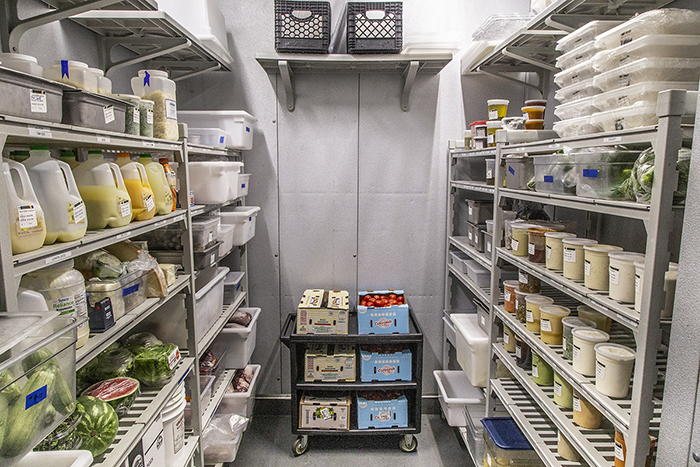Hazard Analysis Critical Control Point (HACCP)
Ensured quality and trust in food handling
- Be Consistently Efficient with Effective Management Systems In Place
- Earn Respect For Your Company By Operating With Ethical Integrity
- Offer a Superior Service That is Legally Compliant With National & EU Regulations
HACCP OVERVIEW
Hazard Analysis Critical Control Point (HACCP) is a widely accepted practice used in the catering and food industry, as well as in the food processing industry. This set of regulations requires companies to recognise potential food safety issues and examine their entire food storage system and food handling processes. Therefore, when a company is HACCP compliant, it means that all aspects of food handling and storage are done in a safe and legal manner.
HACCP OVERVIEW
Hazard Analysis Critical Control Point (HACCP) is a widely accepted practice used in the catering and food industry, as well as in the food processing industry. This set of regulations requires companies to recognise potential food safety issues and examine their entire food storage system and food handling processes. Therefore, when a company is HACCP compliant, it means that all aspects of food handling and storage are done in a safe and legal manner.
BENEFITS OF HACCP COMPLIANCE
HACCP compliance is a legal obligation which carries a variety of benefits, both for your business and your stakeholders. These are a few of the inherent compliance benefits you may expect:
Market access
Save money
Liability protection
Pass Your Audits
Recordkeeping and Documentation
Work with An Expert in Hazard Analysis Critical Control Point (HACCP)
For some companies, it might be tempting to read the standard and attempt to implement these processes without receiving any expert guidance. However, this is typically not enough to implement an efficient, long-term management system. A literal interpretation of this standard may easily create an overly bureaucratic management system, yielding the opposite results of what would otherwise be achieved. Instead of a structured system based on the smart analysis of data, you could end up with an overly complicated and inefficient system.
Instead, hiring an expert consultancy with years of experience is the best way to effectively meet your ISO standards. Make sure to choose an expert you trust, to provide you with a grounded approach that will simplify your life, rather than over-complicate it.

GET YOUR JOURNEY TO ISO CERTIFICATION FUNDED
As a Malta Enterprise approved advisor, Luke can help his clients reap the full benefits of currently available funding. Applicable to any business based in Malta, the Government of Malta’s current funding schemes have never been better. The precise amount depending on your company’s size and ownership structure.
For more information, simply get in touch for a free consultation session! Luke will help you to make the most of the best available funding incentives applicable to your business.

RECEIVE FUNDING FOR YOUR JOURNEY TOWARD REGULATORY COMPLIANCE

Funding Opportunities
For pioneering companies, getting ISO 9001 certification is a crucial milestone. Recognizing the importance of working towards this standard, there are various funding opportunities to be found in Malta. These include:
- 50% Tax Credits by the Government of Malta.
- cash grants by Malta Enterprise, JobsPlus, & other entities.

A Closer Look at HACCP
What Are The Steps Involved in Hazard Analysis Critical Control Point (HACCP)?
HACCP is a widely recognized and accepted food safety management system that is used by food manufacturers, processors, and suppliers around the world.
There are seven basic Hazard Analysis Critical Control Point (HACCP) principles that must be adopted when setting up this safety management system:
- Conduct a hazard analysis to identify potential food safety hazards at each stage of the production process.
- Determine the critical control points (CCPs) at which these hazards can be controlled or prevented.
- Establish critical limits for each CCP, which are the acceptable levels or conditions at which the CCP must be operated to ensure the safety of the food.
- Implement monitoring procedures to ensure that the CCP is operating within the established critical limits.
- Implement corrective actions to be taken if the CCP is not operating within the critical limits.
- Implement verification procedures to confirm that the Hazard Analysis Critical Control Point (HACCP) system is working effectively.
- Establish documentation and record-keeping procedures to ensure that the Hazard Analysis Critical Control Point (HACCP) system is being implemented and followed consistently.
ISO 22000 correlation
An Internationally Trusted Standard
An excellent way to ensure Hazard Analysis Critical Control Point (HACCP) compliance is by working toward gaining ISO 22000 certification.
Although adhering to ISO standards is not a legal requirement, following these standard’s internationally recognised management structures ensures regulatory compliance and helps to boost your company’s efficiency, amongst a range of other advantages.
For the food supply chain industry, the perks of gaining and maintaining ISO 22000 certification go beyond remaining within legal requirements.
Click here for the full list of ISO 22000 benefits and what this standard covers!

HACCP Articles
Frequently Asked Questions
Who uses HACCP?
Hazard Analysis Critical Control Point (HACCP) is a food safety management system that is designed to identify and prevent potential hazards used throughout the food industry, including food catering, food retail and food manufacturing companies.
How often should HACCP be reviewed?
The HACCP system must be regularly reviewed, specifically annually and when any changes are implemented.









